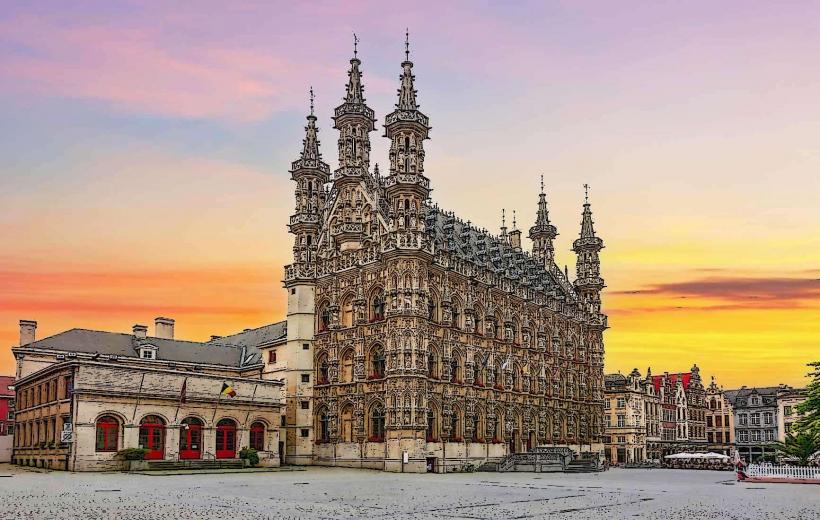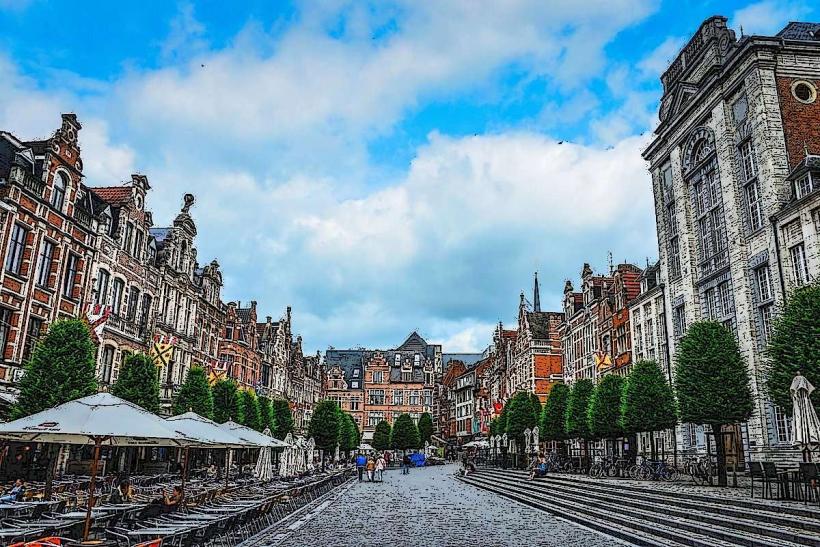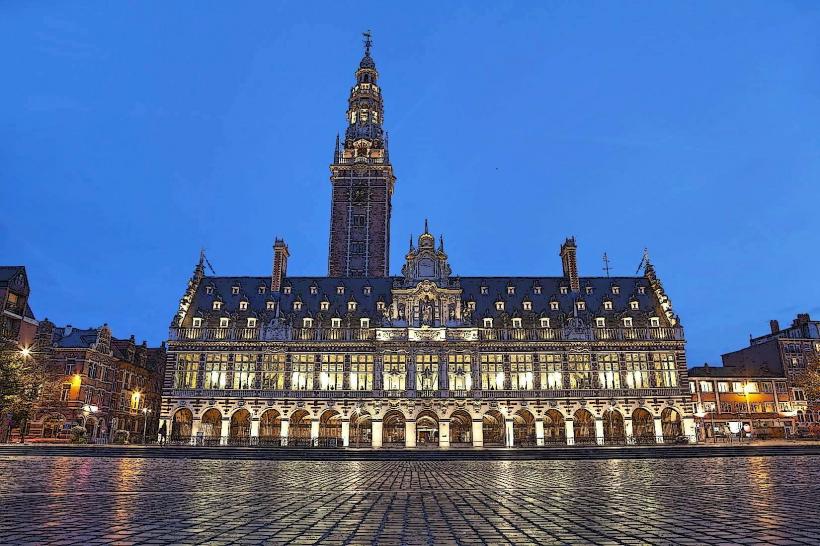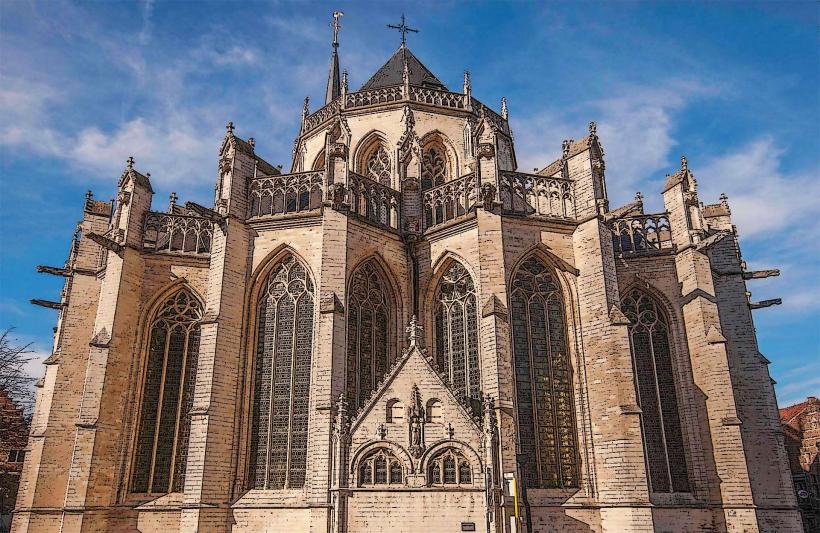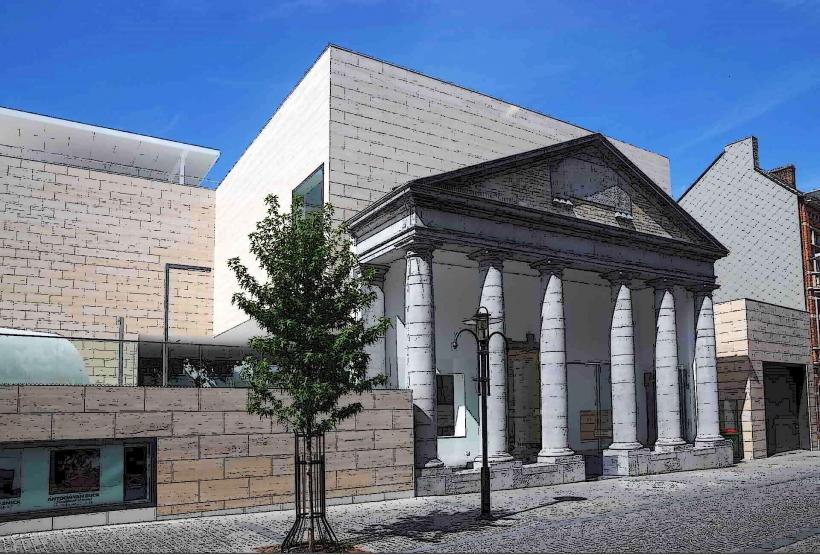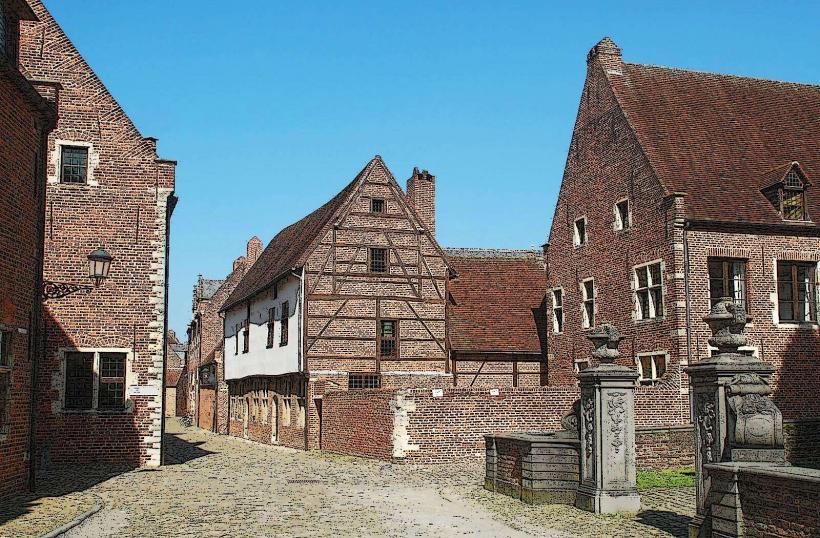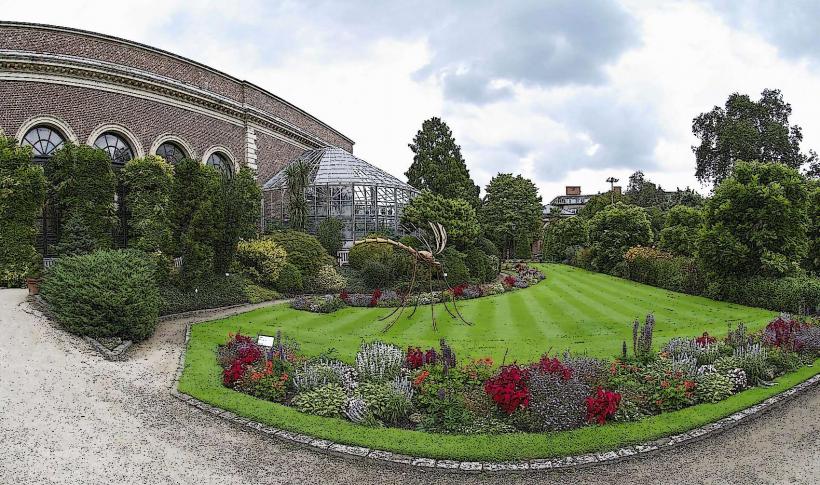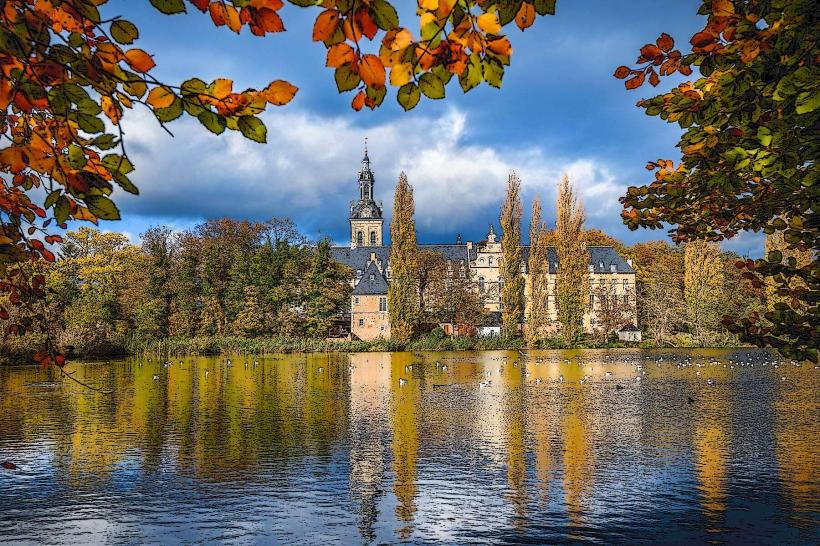Information
City: LeuvenCountry: Belgium
Continent: Europe
Leuven, Belgium, Europe
Leuven functions as the primary academic and brewing capital of Belgium. Situated in the province of Flemish Brabant, it is defined by its status as the home of KU Leuven-the oldest Catholic university in the world-and the global headquarters of Anheuser-Busch InBev. It serves as a major hub for specialized microelectronics research (IMEC) and high-tech health services.
Historical Timeline
Leuven originated as a 9th-century trade center. The primary era of governance was established in 1425 with the founding of the university. The primary event shaping its modern identity was the double destruction of the city and its university library during World War I (1914) and World War II (1940), leading to a specialized reconstruction of its historic core and the subsequent split of the university along linguistic lines in 1968.
Demographics & Population
The population is approximately 102,000, with students making up nearly 50% of the residents during the academic year. The demographic is highly international and youthful. Dutch is the official language. English is the primary language of research and the high-tech sector. The median age is 35.2 years.
Urban Layout & Key Districts
The city is organized within a "Ring" road following the footprint of 14th-century fortifications.
The Historic Core: A specialized pedestrian zone containing the Grote Markt and the Oude Markt.
Great Beguinage (Groot Begijnhof): A specialized UNESCO-listed "city within a city" of 13th-century brick houses and canals, now used for university housing.
Vaartkom: A specialized former industrial district around the canal basin, transformed into a hub for creative industries and modern loft living.
Heverlee: A specialized southern district housing the science and engineering campuses, as well as the Arenberg Castle.
Top City Landmarks
Stadhuis (Town Hall): One of the world's most famous specialized Late Gothic buildings, featuring 236 statues on its facade.
University Library & Bell Tower: A Neo-Flemish Renaissance building on Ladeuzeplein, containing a carillon of 63 bells and serving as a memorial to WWI.
Oude Markt: Known as "the longest bar in the world," a specialized square consisting entirely of connected cafes and pubs.
St. Peter's Church: A Brabantine Gothic church housing the "M-Museum" masterpieces, including Dirk Bouts' The Last Supper.
Stella Artois Brewery: A specialized industrial facility offering tours of the global brewing process.
Transportation Network
Leuven is a critical transit node 25 km east of Brussels.
Leuven Railway Station: A major hub connecting to Brussels (20 mins), Liège, and Brussels Airport (15 mins).
De Lijn: Operates an integrated bus network; many routes are specialized "night buses" for the student population.
Cycling: Leuven is a premier cycling city; the Kessel-Lo park and university campuses are linked by specialized cycle highways.
The Ring: A specialized orbital road that directs transit traffic away from the pedestrianized center.
Safety & "Red Zones"
The general safety level is very high. Crime is statistically minimal, primarily limited to high rates of bicycle theft. There are no "red zones." The Oude Markt remains active until early morning hours and is heavily monitored. Standard caution is advised for pedestrians regarding the high volume of student cyclists.
Digital & Financial Infrastructure
Leuven is a global leader in Semiconductor Research (IMEC) and Biotechnology. Internet speeds average 100–1000 Mbps via fiber. 5G coverage is universal. Card and mobile payments (Bancontact/Apple Pay) are the standard; the university and many local shops are "cashless."
Climate & Air Quality
Leuven has a temperate maritime climate. Air quality is high due to a specialized "Circulation Plan" that significantly restricts car traffic in the city center. Daytime temperatures range from 6°C in January to 23°C in July.
Culture & Social Norms
Social norms are characterized by academic intellectualism and a "student-town" vitality. Tipping is not required. The primary cultural event is Beleuvenisse (music festival) and the specialized Zythos Beer Festival.
Accommodation Zones
City Center: Recommended for landmark access and proximity to the Oude Markt.
Near the Station: Recommended for business travelers and airport commuters.
Heverlee: Recommended for quiet stays near the forest and science campus.
Local Cost Index
1 Espresso: €2.90
1 Pint of Beer: €5.00–€6.50
1 Standard Lunch: €14.00–€22.00
Nearby Day Trips
Arenberg Castle: 10 mins away; a 16th-century castle serving as the university's engineering faculty.
Park Abbey: A specialized, remarkably well-preserved 12th-century Premonstratensian abbey on the outskirts.
Brussels: 20 mins by train; the capital of Europe.
Facts & Legends
Leuven is the site where Erasmus founded the Collegium Trilingue in 1517, revolutionizing humanistic study. Legend states that the city’s inhabitants are called "Cow Shooters" because they once mistakenly shot at a herd of cows in the fog, thinking they were an invading army. A verified fact is that the KU Leuven is consistently ranked as Europe's most innovative university. Historically, Leuven was the primary capital of the Duchy of Brabant before Brussels rose to prominence.

